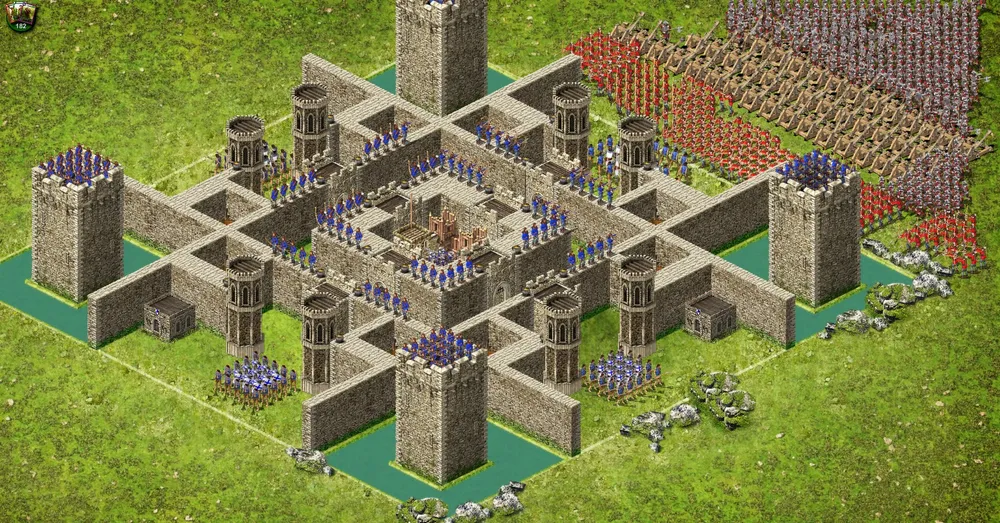

Mechanisms underlying the educational assistant role of MMORPGs in second language learning are discussed from both behavioral and neural perspectives. This paper reviews the educational application of the MMORPGs based on relevant macroscopic and microscopic studies, showing that gamers’ overall language proficiency or some specific language skills can be enhanced by real-time online interaction with peers and game narratives or instructions embedded in the MMORPGs. However, there are few studies on the underlying behavioral or neural mechanism of such effect. MMORPGs can be applied to enhancing language learning, which is drawing researchers’ attention from different fields and many studies have validated MMORPGs’ positive effect on language learning.

Massive Multiple Online Role-Playing Games (MMORPGs) have increased in popularity among children, juveniles, and adults since MMORPGs’ appearance in this digital age. Therefore, this study offers implications for second language pedagogy and research. Moreover, the results of an in-depth interview conducted with one of the Faction non-native English speakers (NNES) revealed that the affordances of SK were important in the development and improvement of second language skills. The results suggested that the norms of the Faction community, that is, communication, collaboration, skills, support, rules, closeness, trust, status, and shared experiences provided a supportive environment for SLS. To explore the affordances of this community for SLS, the social dynamics in a Faction community during 4 lifetime periods, namely, war, postwar peace and life in exile, end of the world, and immigration to a new world were investigated using three methods: observation, analysis of records (in-game forum exchanges), and interview. This ethnographic case study aims to examine second language socialization (SLS) in a massively multiplayer online game (MMOG) called Stronghold Kingdoms (SK). These findings suggest that MMOGs have the potential to support SLS and, hence, be considered for language education. Moreover, as the game was about the collaborative efforts around a communal goal, the results suggested that the gamers prioritized action over linguistic skills, allowing the participant to take risks and contribute to the discourse while apprenticing to the linguistic norms of the community. Furthermore, focusing on the SLS journey of one non-native English speaker, this study reveals that the participant developed a working English proficiency through collaborative group activities by participating in and assuming social roles in the game. Using 3 data sources including records, interview, and focus group, this narrative inquiry provides evidence for SLS affordances in MMOG play. SLS explores how second language learners become members of the target language social groups. The present study investigates second language socialization (SLS) in a massively multi-player online game (MMOG) called Stronghold Kingdoms.


 0 kommentar(er)
0 kommentar(er)
